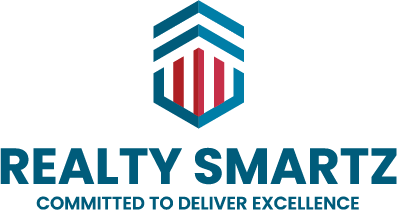
Attracting and Retaining Gen Z Talent: Understanding the Next Generation Workforce
Introduction: As the workforce continues to evolve, organizations are increasingly focused on attracting and retaining Gen Z talent. Born between the mid-1990s and early 2010s, Gen Z brings unique perspectives, expectations, and skills to the workplace. In this article, we’ll explore key insights into the Gen Z workforce and strategies for organizations to effectively attract, engage, and retain this generation of talent.
Understanding Gen Z: Gen Z individuals are digital natives who have grown up in a hyper-connected world characterized by technology, social media, and instant access to information. They value authenticity, diversity, and social responsibility. Understanding these key characteristics is essential for organizations looking to attract and retain Gen Z talent.
Embracing Technology: Gen Z employees are adept at using technology for communication, collaboration, and productivity. Organizations should embrace digital tools and platforms to support flexible work arrangements, streamline processes, and facilitate remote collaboration. Providing access to cutting-edge technology and digital training opportunities can also enhance the employee experience for Gen Z workers.
Fostering Purpose and Meaning: Gen Z employees are passionate about making a positive impact on society and the environment. Organizations should emphasize their commitment to corporate social responsibility (CSR) initiatives, sustainability efforts, and diversity and inclusion practices. Providing opportunities for employees to engage in volunteer work, community service projects, and philanthropic activities can help foster a sense of purpose and meaning in their work.
Offering Career Development Opportunities: Gen Z employees are ambitious and eager to learn and grow in their careers. Organizations should provide clear pathways for career advancement, opportunities for skill development and training, and mentorship programs. Offering regular feedback, coaching, and performance evaluations can also help Gen Z employees feel valued and supported in their professional development.
Emphasizing Work-Life Balance: Work-life balance is important to Gen Z employees, who prioritize flexibility and autonomy in their work arrangements. Organizations should offer flexible work schedules, remote work options, and paid time off to support work-life balance. Creating a culture that values and respects employees’ personal time can help improve job satisfaction and retention rates among Gen Z workers.
Conclusion: As Gen Z enters the workforce in increasing numbers, organizations must adapt their recruitment and retention strategies to effectively attract and engage this generation of talent. By understanding Gen Z’s unique characteristics, embracing technology, fostering purpose and meaning, offering career development opportunities, and emphasizing work-life balance, organizations can position themselves as employers of choice for the next generation of workers.
